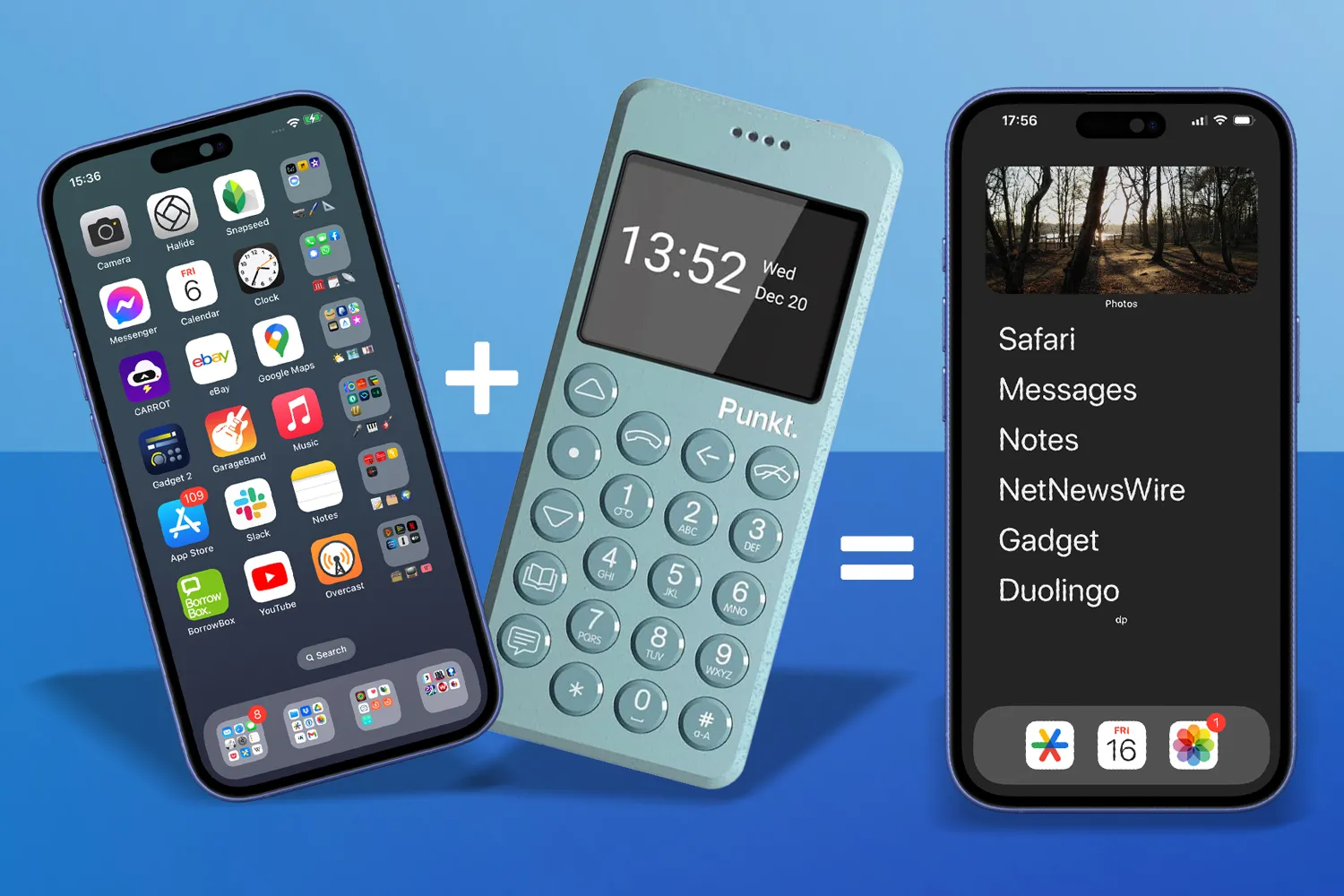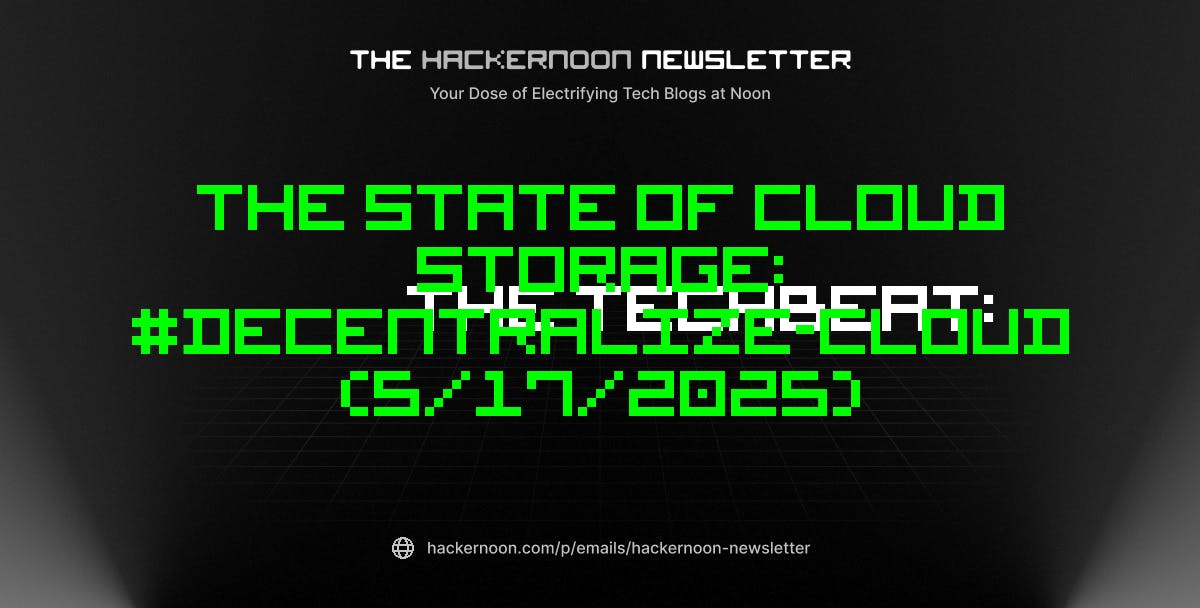Fonts all over the place, mismatched colors, and buttons that seem to follow their mysterious logic. Design inconsistency creeps in faster than you’d expect, and without a solid system, it only worsens.
That’s why you need a comprehensive style guide—a single source of truth for typography, brand colors, spacing, and UI components, that aligns with your brand voice—it keeps your designs polished and professional.
But let’s be honest: building one from scratch is time-consuming.
Luckily, free Figma brand style guide templates do the heavy lifting for you. These pre-built frameworks help you consistently maintain and build a brand manual across diverse design projects. They help focus on creativity instead of redoing the basics.
Let’s explore the best free templates to get you started.
Free Figma Style Guide Templates to Create Consistent Designs
What Makes a Good Figma Style Guide Template?
A good Figma style guide template provides a structured framework for maintaining design consistency.
It includes:
- Typography: Defined font families, sizes, weights, and line heights
- Color palette: Primary, secondary, and neutral colors with HEX/RGB values
- UI components: Standardized buttons, form elements, icons, and other reusable assets
- Spacing and grids: Clear guidelines for margins, padding, and alignment
- States and interactions: Variations for hover, active, disabled, and other UI states
- Brand elements: Logos, illustrations, and other identity assets, if applicable
Friendly Reminder: While choosing the elements for your own style guide, it’s important to keep the mission statement in mind. If your mission statement is strong and empowering, like Nike’s “Let’s Do It,” then your design elements must support it instead of deviating from it.
5 Free Sigma Style Guide Templates
Below are five free Figma style guide templates that offer different levels of detail and customization:
1. Free Style Guide Template by RedSky Engineering
Looking for a clean, well-structured style guide? The Free Style Guide Template by RedSky Engineering covers typography, color palettes, UI components, and spacing—all neatly organized for quick reference.
The simple layout makes it easy to update as your design evolves, making it an excellent choice for solo designers and teams. It offers the right balance of structure and flexibility, ensuring your design system stays cohesive without feeling rigid.
📌 Ideal for: Designers and teams who need a comprehensive yet easy-to-maintain style guide.
2. UI Style Guide Templates by Yahiya Amiruddin
UI Style Guide Templates by Yahiya Amiruddin include different style guide formats to fit various project needs. From typography and buttons to form elements and grid systems, the collection offers a structured approach to design consistency.
With multiple layout options, you can choose the format that best fits your workflow. Plus, it’s easy to share with developers for smoother handoffs.
📌 Ideal for: UI/UX designers managing complex projects that require reusable components and clear design rules.
💡 Pro Tip: Follow a consistent style guide to maintain clarity and professionalism in your writing. Whether it’s AP, Chicago, or custom rules, consistency is key!
3. Simple Style Guide | Typography, Color & Shadow by Sagor Sur
Sometimes, you don’t need an elaborate design system—just a quick reference for fonts, colors, and shadows. The Simple Style Guide | Typography, Color & Shadow Template by Sagor Sur keeps things minimal yet effective, focusing on the core visual elements without unnecessary complexity.
📌 Ideal for: Freelancers and solo designers who need a no-fuss style guide for small to medium-sized projects.
💡Pro Tip: Looking for an image and content creation engine that follows your brand guidelines and supports end-to-end workflows? Try Brain!

4. Free Brand Logo Style Guide by Vishnuraj Pr
Brand identity goes beyond colors and fonts—it involves how logos, typography, and visual elements work together. The Free Brand Logo Style Guide by Vishnuraj Pr provides a clear structure for brand guidelines, ensuring consistency across digital and print assets.
5. Figma Web Style Guide and FLEGOs
The Figma Web Style Guide and FLEGOs template is more than a style guide—it’s a modular design system. With typography, colors, UI components, and pre-built elements (FLEGOs), it helps designers and developers work faster while maintaining a unified visual language.
It blends a traditional style guide with reusable design blocks, making it perfect for scalable web projects.
📌 Ideal for: Web designers and developers who need a style guide and a library of reusable UI components.
👀 Did You Know? The AP Stylebook advises against the Oxford comma, while the Chicago Manual of Style recommends it for clarity. Your choice can change the meaning of a sentence!
Limitations of Using Figma for a Style Guide
Figma is a powerful design tool, but it has some drawbacks when it comes to maintaining and scaling style guides. Here are a few limitations to keep in mind:
- ❌ Lack of native version control: While Figma tracks changes, managing different style guide versions can get messy, especially when multiple team members are involved. Unlike dedicated design systems like Zeroheight or Frontify, Figma doesn’t offer built-in versioning for design briefs
- ❌ Limited enforcement of design rules: Figma allows you to create a style guide, but it doesn’t enforce design consistency. Team members can still override styles or forget to follow the guide, leading to inconsistencies
- ❌ Challenging for non-designers: Developers, marketers, and other stakeholders may find it difficult to navigate a Figma-based style guide compared to platforms that provide structured documentation with interactive components
- ❌ Scalability concerns: Managing a style guide solely within Figma can become overwhelming as projects grow. Without integrations for automated updates or structured documentation tools, keeping everything organized requires manual effort
Alternative Figma Style Guide Templates
Figma is a powerful tool for designing style guides, but when it comes to managing an entire brand, , your everything app for work, provides a more comprehensive and structured solution.
It’s a good Figma alternative that allows teams to create and store brand guidelines, manage branding projects, collaborate across departments, and ensure consistency across all brand assets.
With for Branding Teams, companies get a centralized hub for storing logos, fonts, colors, and other brand elements.
Instead of scattered files and outdated PDFs, ensures that branding guidelines are always accessible, up-to-date, and standardized.
Teams can also automate approval workflows, reducing delays and miscommunications in branding decisions.
Gemma Kuenzi, Art Director at Kredo Inc., sums it up perfectly well:


For design teams, for Creative & Design Teams offers a more seamless way to manage projects. Real-time collaboration tools allow designers, marketers, and stakeholders to provide feedback, track changes, and iterate without confusion.
Built-in tasks and brand management features, such as timelines, dependencies, and version control, ensure that branding projects stay on schedule and prevent outdated assets from being used.
also integrates with popular design tools like Figma and Adobe Creative Cloud, making it easy to connect workflows without switching between platforms. This can reduce the time it takes to complete design requests by 33%!


Besides this, offers the following fantastic templates to help teams manage branding, design, and marketing KPIs efficiently, ensuring consistency and collaboration across all projects:
1. The Style Guide Template
A strong brand identity requires more than just a logo and color palette—it needs a comprehensive guide that ensures consistency across all digital and print materials. The Style Guide Template provides a structured framework to document every aspect of your brand’s visual identity.
With ’s document-style format, teams can easily update and collaborate on the style guide in real time, eliminating the confusion that comes with static design files.
This template lets you:
- Outline typography with font choices, sizes, and hierarchy
- Specify color palettes with HEX, RGB, and CMYK values for accuracy
- Set logo usage guidelines for spacing, placement, and variations
- Standardize UI elements like buttons, icons, and form components
- Ensure inclusivity with accessibility standards
📌 Ideal for: Design teams and marketing departments looking for a centralized, easy-to-maintain brand style guide that can scale as their organization grows.
2. The Create Brand Style Guide Template
Building a brand from scratch? The Create a Style Guide Template provides a structured approach to developing a cohesive brand identity, guiding teams through the process step by step.
Unlike a traditional style guide, this template is designed to be a living document, meaning teams can continuously refine and update their branding elements as their business evolves.
This template helps teams define:
- Brand mission and values: Establish the core principles that shape your brand’s identity
- Typography and color guidelines: Select fonts and color palettes that align with your brand’s personality
- Tone and voice: Standardize how your brand communicates across different platforms
- Imagery and iconography: Define the visual elements that enhance brand recognition
📌 Ideal for: Startups, rebranding initiatives, and teams creating a style guide for the first time.
🧠 Fun Fact: The first known style guide dates back to 1893—Horace Hart’s Rules for Compositors and Readers, used at Oxford University Press.
3. The Logo Style Guide Template
Your logo is the most recognizable element of your brand, and inconsistent usage can weaken brand recognition. The Logo Style Guide Template ensures that all internal teams and external partners use your logo correctly and consistently.
This template includes:
- Primary and secondary logo variations: Define different versions of your logo (full-color, monochrome, icon-only, etc)
- Spacing and alignment rules: Set clear guidelines on safe zones and minimum sizing to prevent distortion
- Background usage: Specify which backgrounds work best for your logo and how to handle contrast issues
- Unacceptable modifications: Document what NOT to do with your logo (stretching, recoloring, adding effects, etc.)
📌 Ideal for: Branding teams, agencies, and companies that need to enforce strict logo usage guidelines across various touchpoints.
4. The Project Style Guide Template
Not every design project requires a full-fledged brand style guide. Sometimes, teams need a project-specific style guide to maintain consistency within a particular campaign, product, or digital experience. The Project Style Guide Template helps teams set and follow design rules at a micro level.
Key features of this template:
- Custom typography and color palettes: Define unique style rules for the project without affecting overarching brand guidelines
- UI components and interactions: Standardize buttons, icons, input fields, and navigation elements for cohesive user experiences
- Image and media guidelines: Set parameters for photography, illustrations, and multimedia usage
- Developer handoff sections: Ensure seamless collaboration between designers and developers with clear specs and annotations
📌 Ideal for: Product teams, agencies, and designers working on large-scale projects where consistency is crucial but brand-wide changes aren’t necessary.
👀 Did You Know? The MLA Handbook once banned using the singular ‘they,’ but the 2016 edition officially embraced it for gender inclusivity.
5. The Brand Book Template
A brand book is a comprehensive guide that extends beyond design elements to include brand messaging, positioning, and storytelling. The Brand Book Template provides a structured way to document all aspects of your brand identity in one place.
Unlike traditional brand books, this template is interactive and can be continuously updated to reflect evolving brand strategies. Inside this template, you’ll find sections for:
- Brand mission, vision, and values: Define your brand’s purpose and the principles that drive it
- Visual identity guidelines: Document logos, typography, colors, and design elements
- Brand personality and tone of voice: Outline how your brand communicates and engages with its audience
- Market positioning: Clarify how your brand stands out from competitors
📌 Ideal for: Businesses that need a complete reference document for internal teams, partners, and stakeholders.
6. The Brand Style Guidelines Template
A well-defined brand style guideline ensures consistency across all marketing materials, internal documents, and customer touchpoints. The Brand Style Guidelines Template provides a structured framework to document and enforce your brand’s core visual and messaging elements.
Unlike traditional PDFs or static Figma files, this template is interactive and easily updatable. It allows teams to collaborate in real time and keep branding guidelines fresh.
This template covers:
- Typography rules: Specify font families, sizes, weights, and hierarchy
- Color palette: Define primary, secondary, and accent colors with HEX, RGB, and CMYK values
- Logo usage: Outline proper placement, spacing, and variations
- Imagery and graphics: Set standards for photography, icons, graphic designs, and illustrations
- Brand tone and voice: Ensure messaging consistency across different platforms
📌 Ideal for: Marketing and design teams that need a centralized, dynamic brand style guide that evolves with their company.
📮 Insight: Our survey found that knowledge workers maintain an average of 6 daily connections at their workplace. This probably entails multiple pings back and forth across emails, chat, and project management tools. What if you could converge all these conversations in one place?
With , you can! It’s the everything app for work that combines projects, knowledge, and chat in one place—all powered by AI that helps you and your team work faster and smarter.
7. The Brand Identity Template
Your brand identity is more than just a logo—it’s the complete visual and emotional representation of your company. The Brand Identity Template provides a comprehensive guide to establishing a strong and consistent brand presence.
This template includes sections for:
- Define core brand elements, including mission, values, and personality traits
- Establish logo variations with primary, secondary, and icon-based designs
- Set clear rules for typography and color schemes
- Craft a consistent brand tone and messaging for different audiences
- Showcase application examples with real-world mockups for digital and print
📌 Ideal for: Companies building or refining their brand identity, ensuring every design, communication, and marketing asset aligns with their vision.
8. The Branding Template
Creating a strong brand involves strategic planning, design, and communication. The Branding Template helps teams lay the foundation for a powerful brand by defining all key branding elements in one organized place.
This template covers:
- Brand strategy and positioning: Define what sets your brand apart
- Target audience insights: Identify key demographics and customer personas
- Brand visuals: Set guidelines for logos, typography, and color schemes
- Messaging framework: Create consistent brand narratives and taglines
- Implementation roadmap: Assign branding tasks and deadlines for execution
📌 Ideal for: Startups, growing businesses, and marketing teams working on a brand development strategy.
9. The Brand Launch Plan Template
Launching a brand—or rebranding an existing one—requires careful planning and execution. The Brand Launch Plan Template provides a structured roadmap to organize every step of your brand’s debut and ensure a successful launch.
This template includes:
- Pre-launch branding checklist: Finalize logos, messaging, and brand assets
- Marketing and PR strategies: Plan announcements, social media campaigns, and press releases
- Stakeholder coordination: Assign roles and deadlines to internal teams and external partners
- Post-launch evaluation: Track brand performance and audience reception
📌 Ideal for: Marketing teams, startups, and businesses preparing for a major brand debut or rebranding campaign.
10. The Rebranding Plan Template
Rebranding is more than just a logo update—it’s a strategic overhaul that requires careful execution. The Rebranding Plan Template provides a step-by-step guide to manage the entire process, ensuring alignment between teams, stakeholders, and customer expectations.
This template helps teams:
- Assess current brand perception: Identify gaps and opportunities for improvement
- Define new brand identity elements: Logos, colors, typography, and messaging updates
- Plan rollout strategies: Coordinate website updates, social media transitions, and marketing campaigns
- Manage internal and external communication: Ensure employees, partners, and customers are aligned with the new branding
- Track progress and feedback: Monitor rebranding milestones and audience reception
📌 Ideal for: Companies undergoing a major rebrand, requiring all aspects—from design to messaging—to be executed effectively.
11. The Brand Management Template
A brand is only as strong as its consistent execution across all platforms and touchpoints. The Brand Management Template helps teams maintain brand integrity by providing a centralized hub for managing branding tasks, assets, and approvals.
This template allows teams to:
- Track brand asset updates: Maintain an organized library of logos, fonts, and design files
- Standardize brand guidelines: Ensure all departments and external partners follow the correct branding practices
- Monitor brand consistency: Review and approve marketing materials before publication
- Assign branding tasks: Set responsibilities for content calendar, design updates, and brand audits
- Measure brand impact: Track key performance indicators to assess branding effectiveness
📌 Ideal for: Marketing teams, brand managers, and agencies responsible for maintaining and enforcing brand consistency.
Build and Maintain a Consistent Brand with
Whether building a brand from the ground up or refining an existing one, these templates offer a solid foundation for typography, colors, logos, and more.
However, creating a style guide is just one part of managing a brand.
You need a more comprehensive approach to organizing brand assets, speeding up approvals, and ensuring cross-team alignment. provides a range of powerful templates and tools for your brand asset management.
In fact, leading organizations like Trinetix have transformed design operations and cut meetings by 50% with .
Explore ’s solutions for long-term brand success. A great brand isn’t just designed; it’s managed effectively. Sign up for now!


Everything you need to stay organized and get work done.























